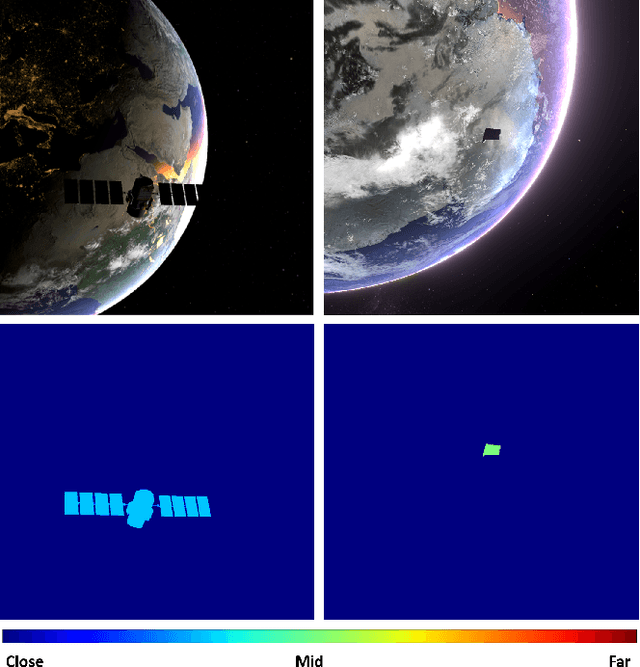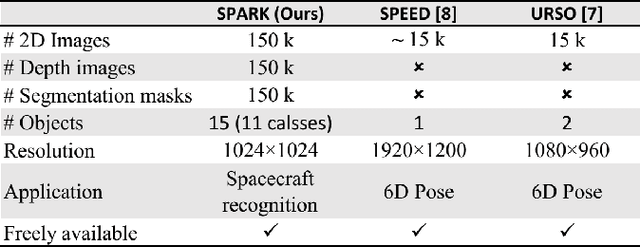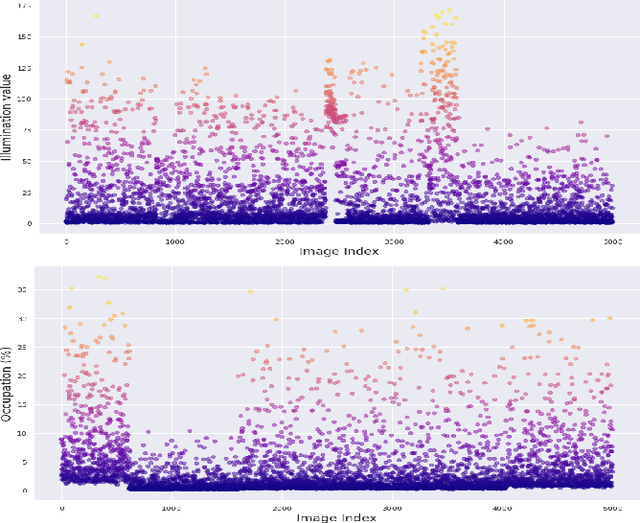Oyebade Oyedotun
Multi-label Image Classification using Adaptive Graph Convolutional Networks: from a Single Domain to Multiple Domains
Jan 11, 2023Abstract:This paper proposes an adaptive graph-based approach for multi-label image classification. Graph-based methods have been largely exploited in the field of multi-label classification, given their ability to model label correlations. Specifically, their effectiveness has been proven not only when considering a single domain but also when taking into account multiple domains. However, the topology of the used graph is not optimal as it is pre-defined heuristically. In addition, consecutive Graph Convolutional Network (GCN) aggregations tend to destroy the feature similarity. To overcome these issues, an architecture for learning the graph connectivity in an end-to-end fashion is introduced. This is done by integrating an attention-based mechanism and a similarity-preserving strategy. The proposed framework is then extended to multiple domains using an adversarial training scheme. Numerous experiments are reported on well-known single-domain and multi-domain benchmarks. The results demonstrate that our approach outperforms the state-of-the-art in terms of mean Average Precision (mAP) and model size.
SPARK: SPAcecraft Recognition leveraging Knowledge of Space Environment
Apr 14, 2021



Abstract:This paper proposes the SPARK dataset as a new unique space object multi-modal image dataset. Image-based object recognition is an important component of Space Situational Awareness, especially for applications such as on-orbit servicing, active debris removal, and satellite formation. However, the lack of sufficient annotated space data has limited research efforts in developing data-driven spacecraft recognition approaches. The SPARK dataset has been generated under a realistic space simulation environment, with a large diversity in sensing conditions for different orbital scenarios. It provides about 150k images per modality, RGB and depth, and 11 classes for spacecrafts and debris. This dataset offers an opportunity to benchmark and further develop object recognition, classification and detection algorithms, as well as multi-modal RGB-Depth approaches under space sensing conditions. Preliminary experimental evaluation validates the relevance of the data, and highlights interesting challenging scenarios specific to the space environment.
 Add to Chrome
Add to Chrome Add to Firefox
Add to Firefox Add to Edge
Add to Edge